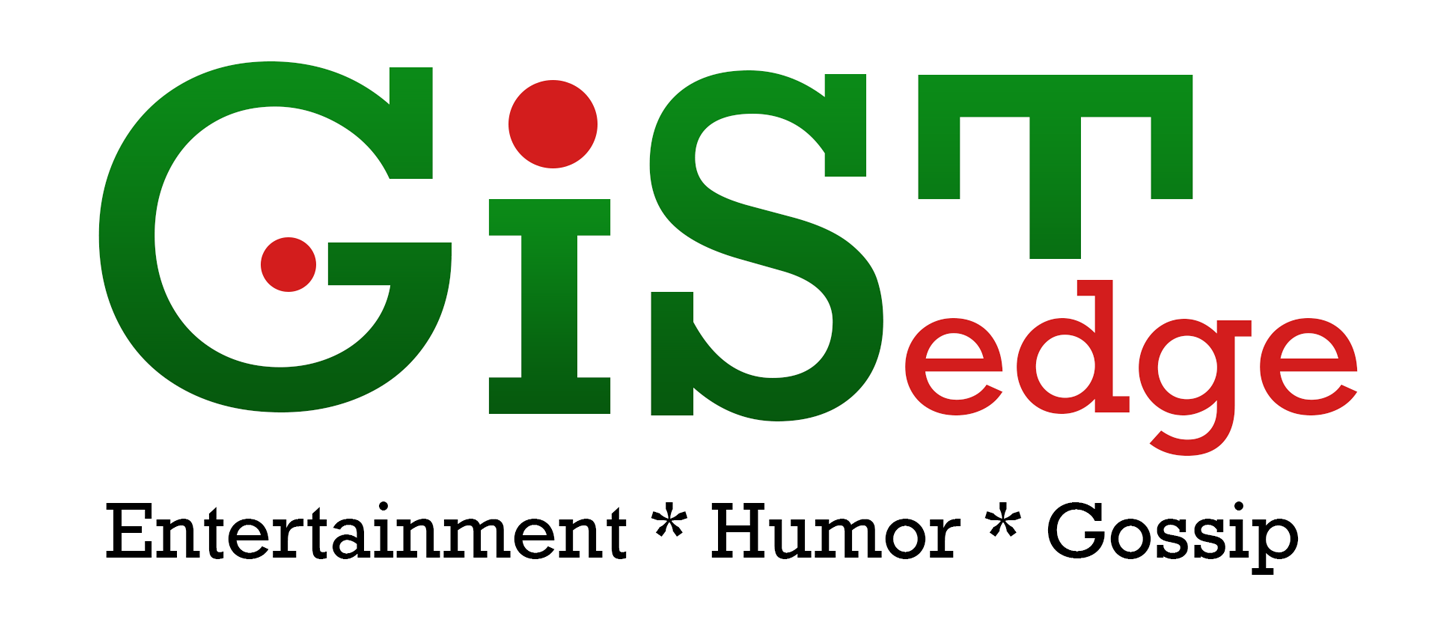The Federal Government revealed it spends N200bn monthly on electricity subsidies, primarily benefiting the wealthiest 25% of Nigerians instead of those in need.
Olu Verheijen, Special Adviser to President Bola Tinubu on Energy, addressed reports suggesting a 65% tariff hike.
While acknowledging a tariff increase, she clarified that she did not claim the hike would be as high as 65%.
Verheijen emphasized the need to strengthen the power sector and correct misconceptions about the proposed changes.
“This is a misrepresentation of what I actually said in a recent press interview. I highlighted the fact that, following the increase in Band A tariffs in 2024, current tariffs now cover approximately 65 per cent of the actual cost of supplying electricity, with the Federal Government continuing to subsidise the difference,” she said.
Verheijen emphasized the government’s commitment to fairer pricing, focusing on increasing electricity supply, reducing outages, and protecting vulnerable Nigerians.
She revealed plans for a targeted subsidy system aimed at providing more support to low-income households in the power sector.
“Today, the Federal Government spends over N200bn per month on electricity subsidies, but much of this support benefits the wealthiest 25 per cent of Nigerians rather than those who truly need assistance.”
The Federal Government plans a targeted subsidy system to make electricity more affordable for low-income households. Verheijen also assured that the Presidential Metering Initiative would address concerns over unmetered customers potentially paying for services they don’t receive after any tariff increase.
“One of the most significant steps in this reform is the Presidential Metering Initiative, which is accelerating the nationwide rollout of seven million prepaid meters, starting this year. This will finally put an end to the practice of estimated billing, giving consumers confidence in what they are paying for and ensuring transparency in electricity charges. Metering will also improve revenue collection across the sector and will attract the investments needed to strengthen Nigeria’s power infrastructure,” she explained.
The Federal Government is addressing significant challenges in the power sector, including clearing debts owed to power generation companies, which have hindered infrastructure investments and service improvements.
Verheijen highlighted efforts to lower alternative power costs through fiscal incentives. She emphasized that the government’s reforms aim to improve electricity supply, eliminate unfair billing, and ensure subsidies benefit the right people.
However, the Human Rights Writers Association of Nigeria (HURIWA) criticized the proposed electricity tariff increase, calling it ill-timed and harmful to citizens already facing economic hardship.


